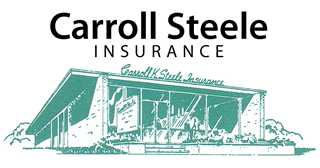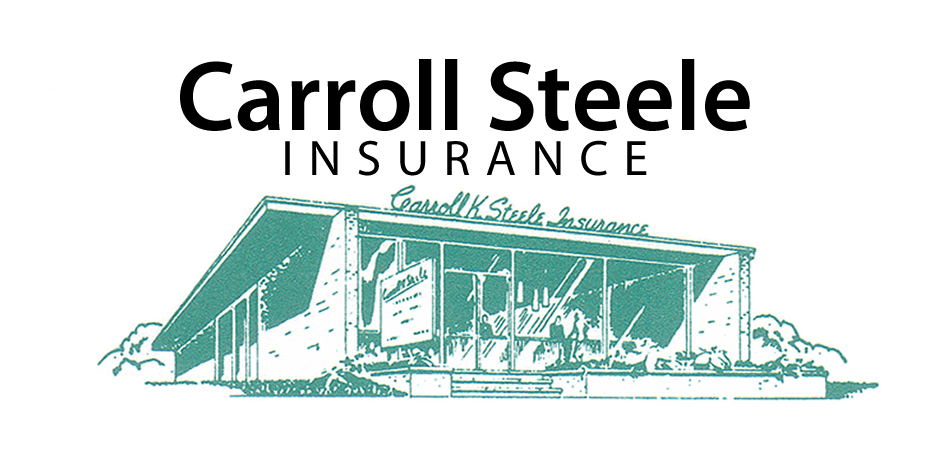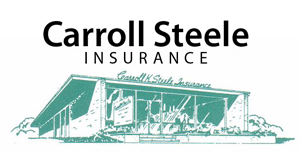In Home Business Insurance
Insurance Coverage For The Home Based Business
If you’re reading this chances are you have a home based business. I’ll also assume you are uncertain if you have insurance protection under your home insurance policy, or maybe you had no idea you actually had some coverage? Maybe you just don’t know what you need and if there’s business insurance coverage for your size business? Well, you’re not alone. When it comes to business insurance gray areas– this ranks at the top. In home start-ups and small one person businesses have grown ten fold in the past decade. Recent studies estimate over 11 million home based businesses in the United States. Whats more, a great percentage of these businesses are either uninsured or incorrectly assume their home insurance will cover their in home business pursuits. Most all are uncertain what to do about insuring a home based business. The following will help clear up any confusion and hopefully help you determine what coverage you need.
What Kind of Small Business Do You Have?
The ISO HO 3 (Homeowners insurance standard coverage form) defines a “business” as a trade, profession, or occupation engaged in, regardless if it is on a full-time, part-time, or occasional basis. Any other activities in which an insured participates for money or other compensation qualifies as a “business”. This definition seems pretty clear and that a homeowners policy will not provide coverage for business activities in the home.
Yet, there are always exceptions. What would insurance be if not unsure of its own self! The type of business and amount of revenue are good indicators in determining if you need additional insurance beyond the limited business coverage’s your home insurance policy provides. The following four examples provide a bit of guidance in determining the right insurance coverage for your in home business. If your business falls somewhat into one of the 4 categories below you’re probably okay with just your home insurance policy limits for business property and liability. That said, home insurance coverage and exclusions vary between companies so you still need to review your policy to make sure it provides enough, or any coverage for your in home business. We’ll talk about those limitations in a minute.
Here are some exception examples to what a business ‘is’ in a home.
- Revenue Less Than $2,000 – Good indicator that this is not a business with a great deal of liability exposure
- Child Day Care That’s Mutually Beneficial – You work out an agreement between another mother to care for your child two days and you care for hers for two days
- Volunteering – Volunteer and at most get reimbursed for travel expenses
- Home Day Care To A Relative – Taking care of your parents of other relative is not considered a business
The ISO HO 3 (Homeowners insurance standard coverage form) defines a “business” as a trade, profession, or occupation engaged in, regardless if it is on a full-time, part-time, or occasional basis. Any other activities in which an insured participates for money or other compensation qualifies as a “business”.
Home Insurance Restrictions and Limitations
Briefly, I brought up the limitations of business coverage on a typical home insurance policy. A popular in home business is web design. I spent 15 years in web development and so I know how expensive the software and computer hardware can be to be a web designer. You could easily have $10,000 worth of equipment to design web sites. Well, business property on your resident premises may only be covered up to $2,500 on a standard home insurance policy. You may be able to increase this coverage to $10,000 with an endorsement, but it’s still limited compared to other options available. Whatsmore, if you take your business property (i.e../ laptop to an onsite client meeting) off the premises you have even less coverage; around $500! More importantly, personal liability that’s available on your homeowners policy likely is excluded from any business activities. The following are some important home insurance policy limitations to be aware of if you run a business out of your home.
Business Conducted in ‘Other Structures’
One important one to note is property coverage for “other structures” such as a detached garage or separate non dwelling building. Simply put, if you operate a home-based business out of his detached garage, or other structure and a loss occurs (fire) this structure is not covered. This is different from having an in home office / business. Conducting the business in a separate building makes it more of a ‘business’ in the eyes of the company. However, it’s important to point out that if you store business materials in a garage, shed, etc. it does not cause the structure to be excluded from coverage.
Business Property Coverage Limits
In almost every instance of the typical home insurance policy personal property (ex./ computers, fax machine, etc) used primarily for business purpose is limited to $2,500. Therefore, if you’re a web designer and have $10,000 worth of computers and software you only have $2,500 in coverage under a standard homeowners policy. It gets worse if you take your computer to a meeting away from your home and off the premises. If it gets stolen or damaged a typical home insurance policy will only cover it for $500!
Liability Restrictions
The biggest concern you should have is a possible liability exposure for your home-based business. Most homeowners insurance policies exclude liability coverage for business related activities UNLESS it is occasional. What the heck does that mean? Let’s go back to the list of exceptions. Occasional may mean you’re only taking in $2,000 or less in revenue, or maybe working from home one day a week and your office is at another location. On the other end of the spectrum, let’s say you’re a personal trainer and you provide personal sessions in your home. Or as a realtor you conduct daily business out of your home. The personal trainer and realtor are not occasional because they conduct business routinely out of their in home office. This is probably a good segway to discuss Professional Liability coverage. Personal Trainers, Realtors have become part of a group of specialized professionals that provide expert advice and service. Much like lawyers, accountants and even IT consultants personal trainers and realtors now should be carrying professional liability (sometimes called Errors & Omissions).
Available Home Based business Insurance Endorsements
As a small in home business owner you do have some options before you may have to go out and buy a separate business insurance policy. Over the years insurance companies have come up with different coverage add-ons (endorsements) for small in home businesses. For easy reference I’ve listed the most important ones in the table at the end of this article.
One particular endorsement worth discussing in more detail is the fairly recently created ISO home business insurance coverage (HO 07 01) endorsement. By the mid 2000 it was estimated to be close to 11 million in home businesses in the United States. The home business insurance coverage endorsement was created due to this explosion of in home businesses. To qualify for this endorsement your business must meet the 4 following criteria.
- In home business must be owned by the named insured and/or other resident family members.
- The in home business must be operated from the residence premises and the residence must be mostly used for a private residence.
- Employees – Up to 3 employees but in home business cannot produce gross annual receipts over $250,000.
- In home business cannot involve the manufacture, sale, or distribution of food. Cannot manufacture personal care products and the sale or distribution of these types of products. Exception to this rule is for an in home business selling nationally recognized personal care products (e.g., Avon) manufactured by a reputable company.
Much like a traditional Business Owners Policy (BOP) the Home Business Insurance Coverage endorsement provides additional business property coverage (beyond your home insurance policy limit), business interruption expense, general liability, and medical payments coverage. And depending on the company you may receive some other small coverage additions like valuable papers. The biggest gain you receive from this endorsement is liability coverage for your small business; coverage that as you know is not offered on a standard homeowners policy.



